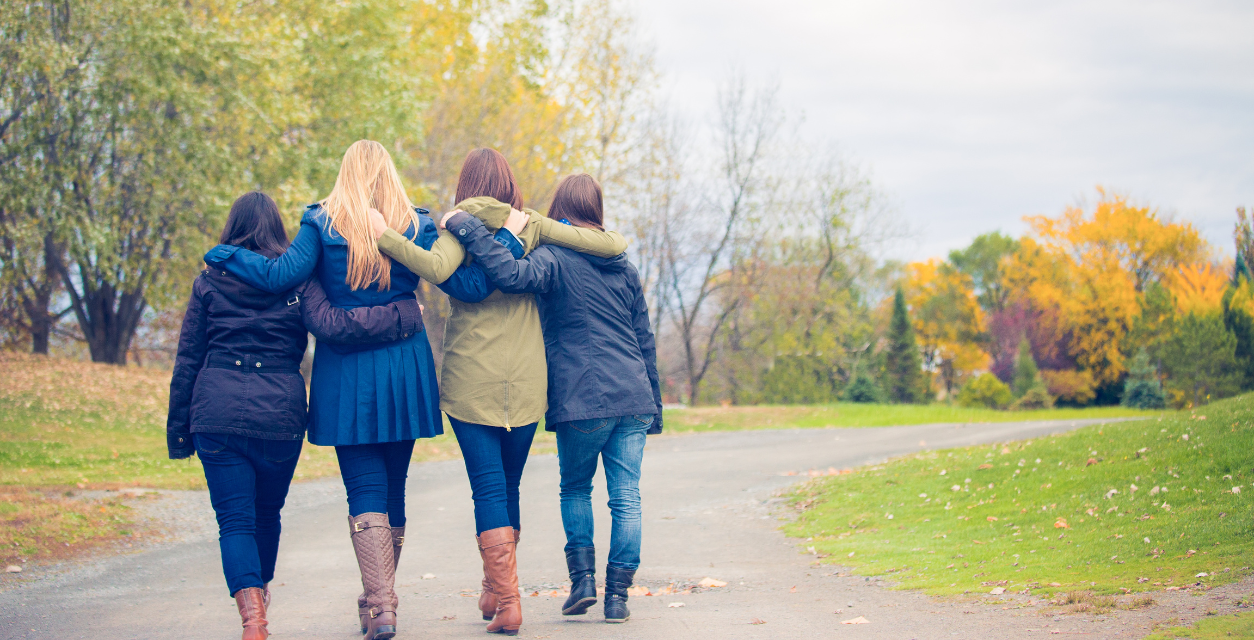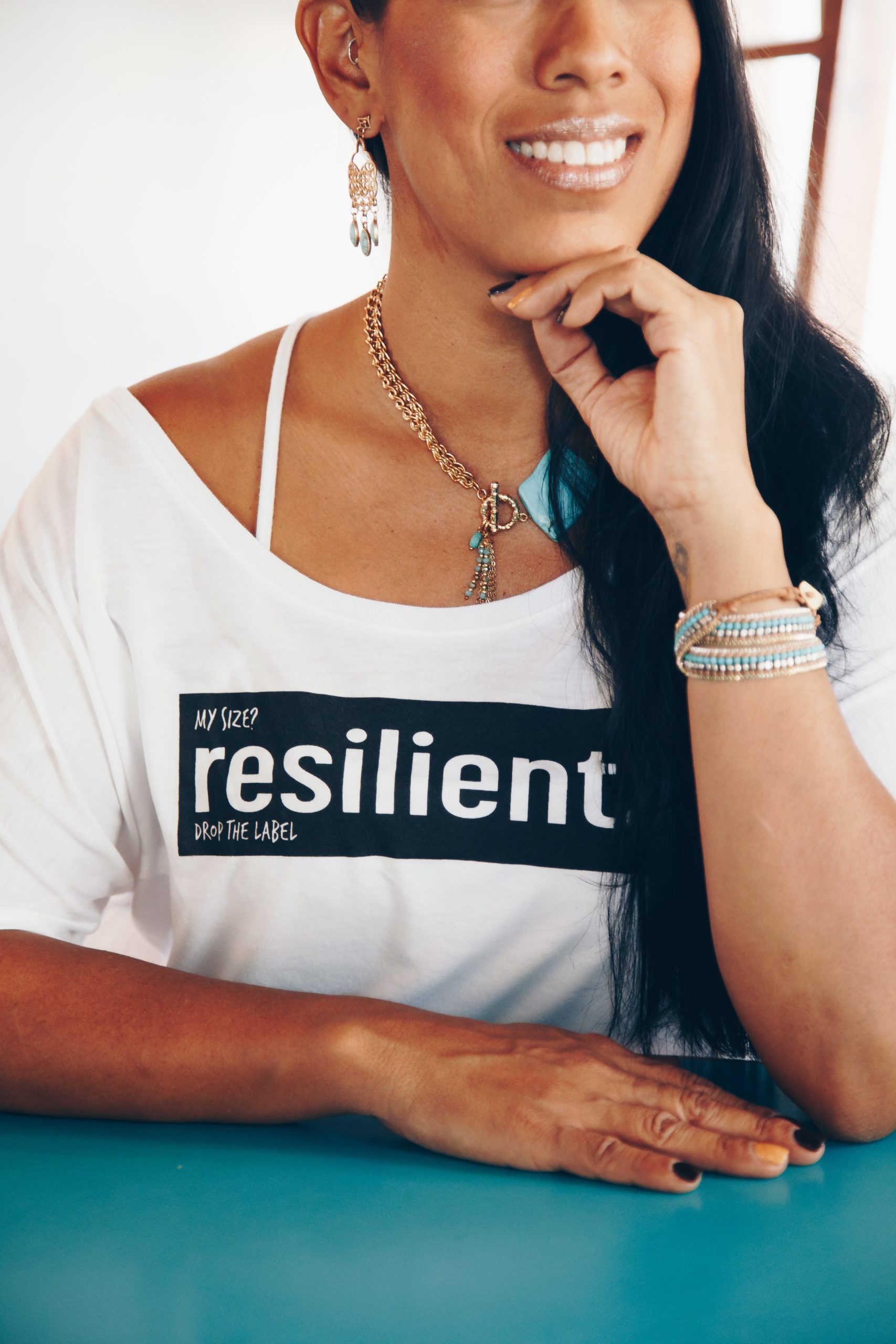I am a great admirer of Brene Brown, who has spoken and written extensively on vulnerability. She says that “allowing yourself to be vulnerable is an act of courage. Courage starts with showing up and allowing ourselves to be seen.” That can be a problem for many of us. Allowing ourselves to be “seen” can be the most frightening thing in the world. It can indeed take great courage.
For those of us who came from chaotic Families of Origin where there was neglect, abuse or simply constant confusion and lack of safety, we unconsciously learned to fly under the radar and present whatever “self” could keep us safe in our emotionally or physically unsafe environments. We may have simply learned to disappear into our bedrooms when our parents started arguing. We may have learned to perform and become the “golden child” so that our parents could live their unloved lives through us. They could then become focused on us and their pride in our achievements and ignore the bitterness between them. Or perhaps we unconsciously tried to “heal” the family by rebelling and becoming the problem child. We then could become the “identified patient” and they could blame their problems on us and not have to look at their own unhappiness.
We were resilient little kids and unknowingly did whatever we needed to do to survive “safely.” Unfortunately, what happens is that as we have grown into adulthood, we have no idea (or only an inkling) of who our true “self” really is. We have learned to be hyper vigilant and scan our environment to see what “self” will get us approval and that is who we become.
I was one such child from a chaotic family and learned to perform and become a high achiever to earn my parents love and help heal my family. This probably also had a lot to do with my becoming a psychotherapist, wanting to find my way back to my authentic self, which had somehow gotten lost along the way.
In her great wisdom, Brene Brown says “Vulnerability is the birthplace of love, belonging, joy and courage, empathy and creativity. It is the source of hope, empathy, accountability and authority. If we want greater clarity in our purpose or deeper and more meaningful spiritual lives, vulnerability is the path.”
But how do we begin to allow ourselves to show our emotions and be vulnerable when we have learned to numb them for our own protection? We begin with very small steps. When folks ask me, “What kind of therapist are you?” I smile and say, “I am a ficus tree therapist.” As I see the blank look on their faces, I begin to explain. “If you see that your ficus tree is drooping and needs more sun to thrive and you immediately pick it up and take it to the bay window in the next room, it drops all its leaves. It can’t handle the sun. If instead, you move the plant a few feet one day and then a few feet at a time during the coming days, when it gets to the sunny window, it has formed a new foundation and it can thrive beautifully in the sun.” That is our hope, that we can begin to shine in the sun with the beauty of all that we are and can be.
For me, my bedrock belief is that “there is a Higher Power and I am not it.” This has given me a safety net as I stumble and fall on my way “home” to my authentic self. I believe that we are created in the image of God and there is a Divine Spark in each of us. I believe we were created in Unconditional Love. This enfolds me in safe and loving arms that I often did not feel as a child. This gives me the courage to move slowly forward and come “home” to the beautiful essence of who I truly am. To begin to know that I am worthy simply because I am a creature of God and not because of anything I have done or not done.
What are some of the small steps we can begin? First, begin to find “your people.” It may be a 12 step group, a spiritual community of like-minded folks or just a few trusted friends. You may be fortunate enough to have a loving partner. It may begin with just you and a trusted therapist or mentor. Take a deep breath and take some chances that might lead to rejection. Begin to talk about some mistakes you have made in a place that feels safe, knowing that we cannot control the outcome and there are no guarantees. Maybe share some personal information in a discerning and appropriate way that you would normally keep private. Begin to name and feel those difficult (scary) emotions, such as shame or grief or fear. Maybe try reconnecting with someone you have fallen out of relationship with.
As we take these and other small brave steps “home” to our authentic selves, we can begin to grow new healthy leaves and feel at home in the sunlight rather than feeling we have to live in the shadow of who we really are.
A wise spiritual teacher once said, “We are all just walking each other home.” May we be surprised by grace all along the way as we dare to step out of the shadows into the brightness of the noonday sun.













